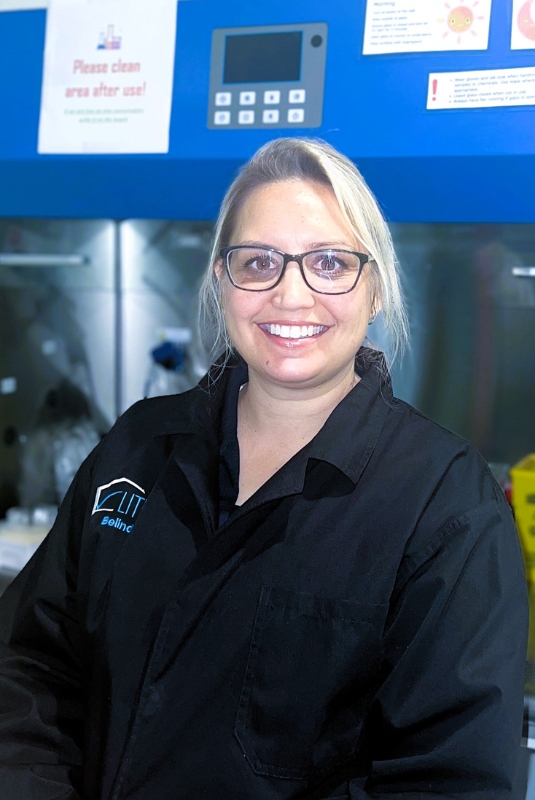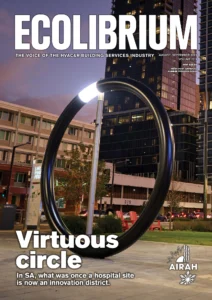Q&A: Belinda Badger, Affil.AIRAH


Ecolibrium chats to Brisbane-based Litmas laboratory manager, whose specialty is IAQ.
Specialty
Currently, I specialise in the field of indoor air quality, where my primary focus lies in identifying potential sources of contamination present within or on building materials from samples sent into our laboratory.
What are you passionate about?
I am passionate about making a positive impact in people’s lives. One of the avenues through which I can achieve this is by actively engaging in collaborative efforts with professionals from diverse industries. This not only enables me to continually learn and expand my knowledge, but it also fosters enriching conversations, ultimately contributing towards creating healthy, comfortable, and sustainable environments for people to live and work in.
I understand you have a science background? How did you find yourself working in HVAC?
Yes, I have a Bachelor of Applied Science (Biotechnology).
As someone who is still very new to the industry, I am eager to continue learning about and exploring the HVAC space. I genuinely believe in the tremendous value of sharing expertise through cross-industry collaboration. I look forward to ongoing observations as a fly on the wall, and the opportunity to participate in discussions and witness the emergence of new innovations that will undoubtedly arise from these interactions.
What do you like about your job?
I am incredibly grateful for the opportunity to work under the guidance of Dr Claire Bird, M.AIRAH, at Litmas. As an industry leader, the mentorship I receive from her is truly invaluable, consistently pushing me to learn, grow, and excel in my current role while paving the way for my future career. What I particularly enjoy is the chance to engage in innovation, problem-solving, and actively contribute to our in-house research initiatives.
“I am passionate about making a positive impact in people’s lives. One of the avenues through which I can achieve this is by actively engaging in collaborative efforts with professionals from diverse industries.”
What do you find challenging?
The lack of regulation in the industry would probably be the most challenging.
Dream job?
My dream job would be a research role within the fascinating realm of molecular biology. An ideal scenario would provide me with unlimited resources, allowing me to constantly generate and pursue new and innovative ideas. This coupled to the ability to work both in the laboratory, where I can delve into intricate experiments, as well as in the field, where I can witness firsthand the practical implications of my discoveries, would be very rewarding.
What would you most like that you don’t have?
A hobby farm nestled on vast expanses of land, ideally located beside the ocean … a girl can dream right?! Having the chance to cultivate a self-sufficient lifestyle and dedicate ample time to connecting with animals and nature would be wonderful.
What are you optimistic about?
Looking ahead, I’m optimistic at the immense potential to learn from one another and collaborate towards a common goal. I’m encouraged to see a more holistic approach that will allow us to collectively push through the current boundaries and create healthier and more sustainable environments, focusing on aspects across multiple industries. It is an exciting space to be in!

This article appears in Ecolibrium’s August-September 2023 edition
View the archive of previous editions
Latest edition
See everything from the latest edition of Ecolibrium, AIRAH’s official journal.




